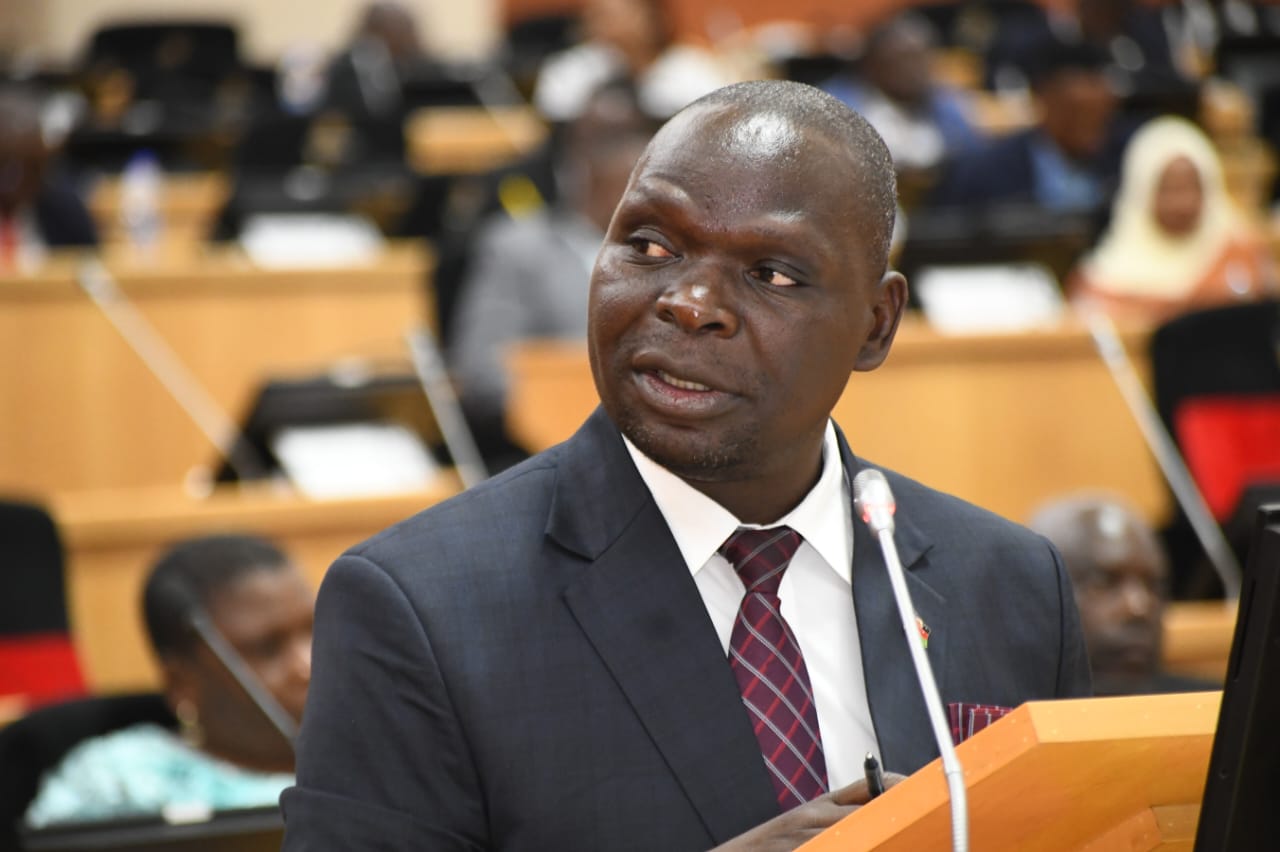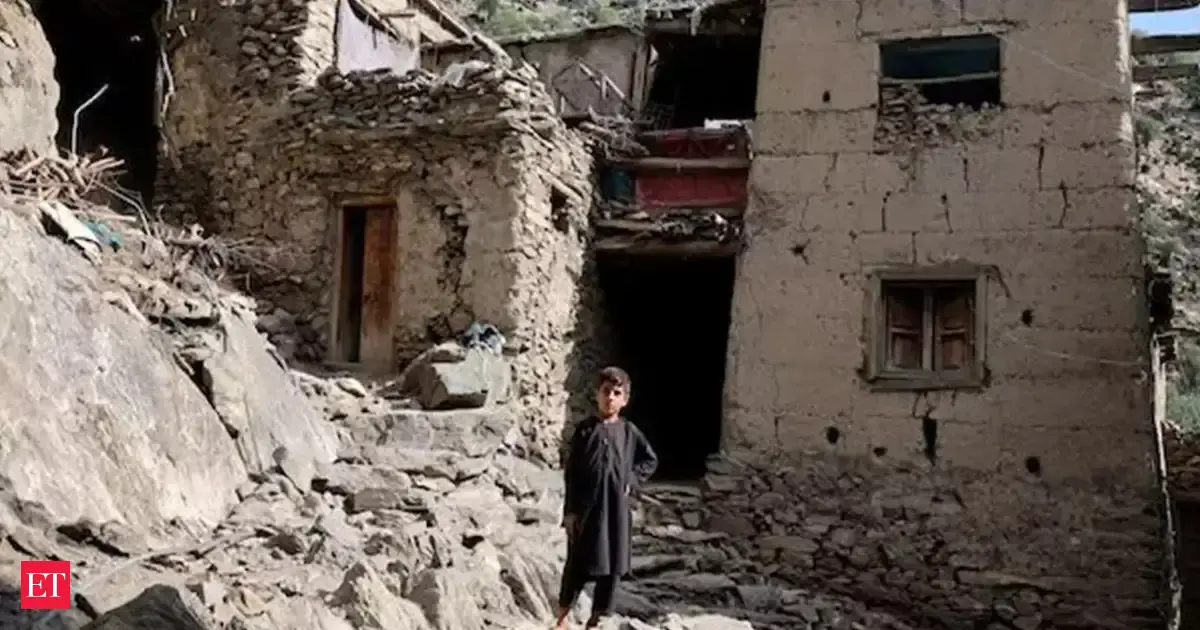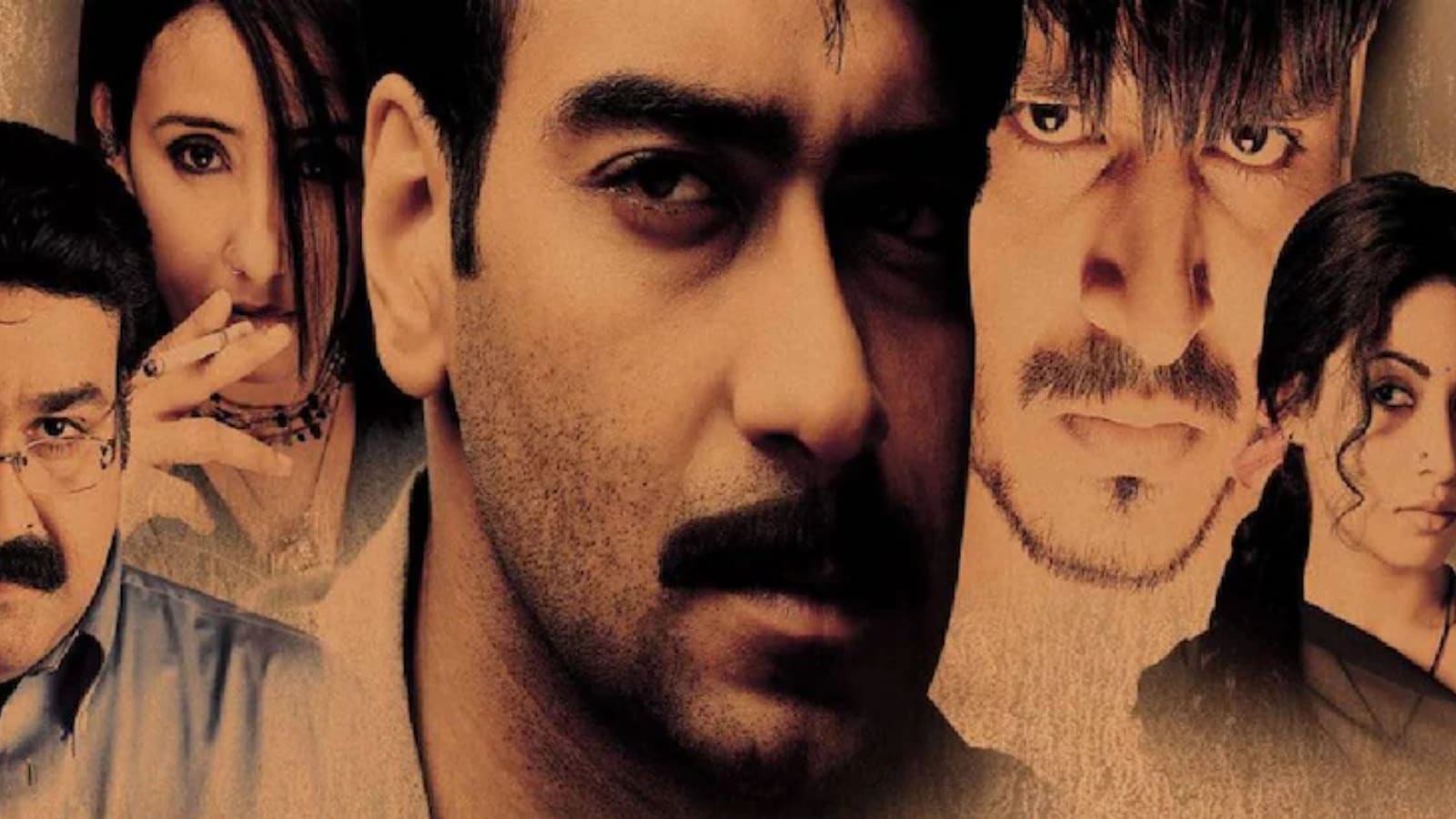Copyright nyasatimes

The Malawi Congress Party (MCP) is staring into a political storm that threatens to cripple its effectiveness as the country’s main opposition, with commentators warning that the growing divisions within the party mirror the same self-destructive path that once weakened the Democratic Progressive Party (DPP) during its time in opposition. Since its humiliating loss in the September 16 general election, the MCP has been gripped by internal turmoil—a crisis that has exposed rifts in leadership, confusion over its parliamentary structure, and a worrying silence from the party’s top brass. At the heart of the chaos are two interlinked power struggles: one over the party’s presidency and another over the Leader of Opposition (LoP) post in Parliament. While a faction of frustrated legislators has openly called for an emergency convention to replace incumbent leader Lazarus Chakwera, others have rebelled against his appointment of Kasungu South MP Simplex Chithyola Banda as LoP, insisting the decision violates Standing Order 35 which gives MCP legislators the right to elect their own leader. But when MCP MPs met on November 3 at Crossroads Hotel in Lilongwe, the rebellion fizzled. After a tense two-and-a-half-hour meeting attended by senior officials, the caucus resolved to maintain Chithyola Banda as LoP—signaling that, for now, Chakwera still holds the upper hand. Still, analysts say the party’s public silence and private confusion send a dangerous signal: that the once disciplined political machine which prided itself on unity and hierarchy is now struggling to find its footing. ‘MCP Risks DPP-Style Implosion’ Political observers warn that the MCP’s internal wrangles are playing out in a script almost identical to that which tore the DPP apart after its 2020 electoral defeat. Back then, a similar power struggle over the position of Leader of Opposition and calls for a change in leadership led to the expulsion of several senior DPP figures—including Kondwani Nankhumwa, Greselder Jeffrey, and Nicholas Dausi—fragmenting the party and weakening its oversight role in Parliament for nearly five years. Now, analysts fear the MCP is walking down the same path. “What we are seeing is a party in transition that has lost the glue of patronage that once kept it together,” argues political scientist Ernest Thindwa, a former lecturer at the University of Malawi. He says President Chakwera’s loss of access to government resources—previously used to sustain personal loyalty—has eroded his authority within the MCP. “Chakwera no longer enjoys control of patronage resources, which has weakened his assertiveness in a highly clientelist setting,” Thindwa observed. “Without such leverage, maintaining unity becomes difficult unless the party strengthens its internal decision-making and democratic mechanisms.” Thindwa warns that the MCP will need to rebuild trust and reimagine its leadership if it hopes to remain politically relevant. “Its showing in government after 26 years in opposition was underwhelming,” he said. “The party now needs a leadership that can attract renewed citizen confidence and serve as a credible alternative to the ruling establishment.” ‘Confidence in Chakwera Is at Its Lowest’ Political analyst Wonderful Mkhutche paints an equally grim picture, describing the MCP as a party “bleeding from within” and fast losing public faith. “The party’s confidence in its leader Lazarus Chakwera is now at an all-time low,” Mkhutche said. “He has to earn back that confidence—he cannot rebuild the MCP without the support of his own people.” However, Mkhutche also accused some disgruntled MPs of political hypocrisy, saying they shared in Chakwera’s leadership decisions while the party was in power but are now quick to blame him for the loss. “Before the elections, none of them expressed no confidence in him. They all supported his candidacy. For them to turn around now and place all the blame on Chakwera is disheartening,” he added. ‘Normal Grief, But Dangerous for Democracy’ Yet not everyone sees MCP’s turmoil as catastrophic. According to Chimwemwe Tsitsi, a political analyst at the Malawi University of Business and Applied Sciences, the current infighting is “a natural phase of political grief” for a party struggling to adjust after losing power. “What’s happening in MCP is not unusual. It’s the same frustration that gripped the DPP after its 2020 defeat. Losing power always brings denial, blame, and internal contestation,” Tsitsi said. However, Tsitsi cautioned that continued infighting could cripple the party’s constitutional function as the primary check on the Executive branch. “As long as Chakwera is not personally interested in stepping down, attempts to push him out are futile—his mandate runs until 2029,” Tsitsi explained. “What legislators can do instead is start identifying a potential successor and quietly build consensus around that person for the next convention.” He warned that prolonged disputes in the main opposition are dangerous for parliamentary democracy, as they weaken oversight and allow the government to act with less scrutiny. “In any liberal democracy, MPs from the ruling party usually align with the Executive. It’s the opposition that must hold government accountable. If the opposition is fragmented and distracted, effective oversight collapses—and democracy suffers,” he said. ‘Silence Is Not Stability’ Despite the growing discord, MCP Secretary General Richard Chimwendo Banda has dismissed the unrest, insisting that the party remains “stable.” But analysts disagree, arguing that the party’s silence is less a sign of stability and more a sign of leadership paralysis. As Thindwa put it, “The MCP stands at a crossroads—either it confronts its internal weaknesses now, or it risks sliding into the same abyss that turned the DPP into a divided, ineffective opposition.” For a party that once symbolized order and discipline, the message from analysts is clear: silence is not stability, and unity cannot be declared—it must be earned.



